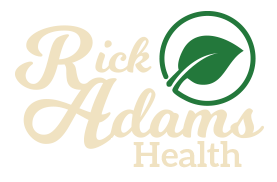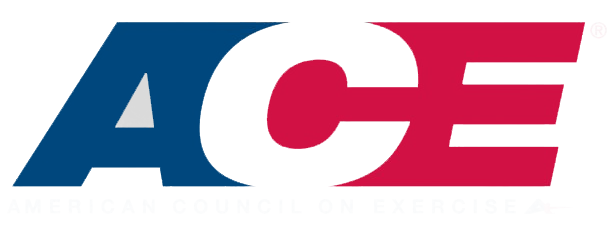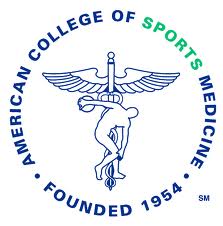Making Smart Choices When Snacking
Snacking gets a bad reputation from the health industry sometimes, but that really should not be the case. I think most of us understand that eating ice cream and cookies right before we go to bed is not productive towards an overall healthy lifestyle. However, snacks absolutely do have a place in a healthy lifestyle and can be great when worked in properly. Snacking can be a great tool to reduce hunger between meals, improve energy levels, and keep meal portions in check. There are three key factors to focus on for healthy snacking: when you are snacking, what you are snacking on, and how much you are having for your snack.
When Are You Snacking?
From my experience, people do not think about when they eat their snacks, they just eat whenever they are hungry. Often people have snacks late in the evening, which is usually is not the best time since there will be little time to work off those extra calories. This is especially a problem when trying to watch your weight. It is generally best to fit a healthier snack earlier in the day while most people are more active. It also can help to cut back on the urge to snack late at night.
What Are You Snacking On?
Anything can technically be eaten throughout your day as a snack. Picking the better available options is going to help you improve your overall health. Fruits, vegetables, nuts, granola, and hummus are all great options. Generally, snacks high in protein and fiber will keep you satisfied and satiated throughout the day. A snack of complex carbohydrates before physical activity can be appropriate to make sure you have the energy for your exercise. In contrast, snacks like crackers, most granola/protein bars (often glorified candy bars), and dried fruits loaded with sugar are foods some people may perceive as a good choice.
How Much Are you Snacking On?
Snacking a little is alright, but what if I told you portion size is important for higher quality snacks as well? I am a big fan of snacking on nuts because they are high in fiber, protein, and healthy fats. Remember that both fats, saturated and unsaturated, are fairly high in calories. One gram of fat is nine calories, while a gram of carbohydrates or protein is just four calories. This means the calories can rack up quickly when eating nuts, sunflower seeds, peanut butter, or to a lesser extent, hummus. Be mindful of the appropriate portion size on the label if you are trying to watch your weight. For items such as chips, ice cream, and pretzels, try using a smaller bowl to decrease the size of your portions.
Snacking is absolutely part of a healthy diet but it is important to do it intelligently. Try working in small snacks throughout the day to see what exactly works best for you. Remember, the more active you are, the more appropriate it is to work in more snacking. It will help keep your energy up, your hunger low, and more satisfied throughout your day.

CHES, ACE Health Coach, AFPA Nutrition & Wellness Consultant








Leave a Reply
Want to join the discussion?Feel free to contribute!